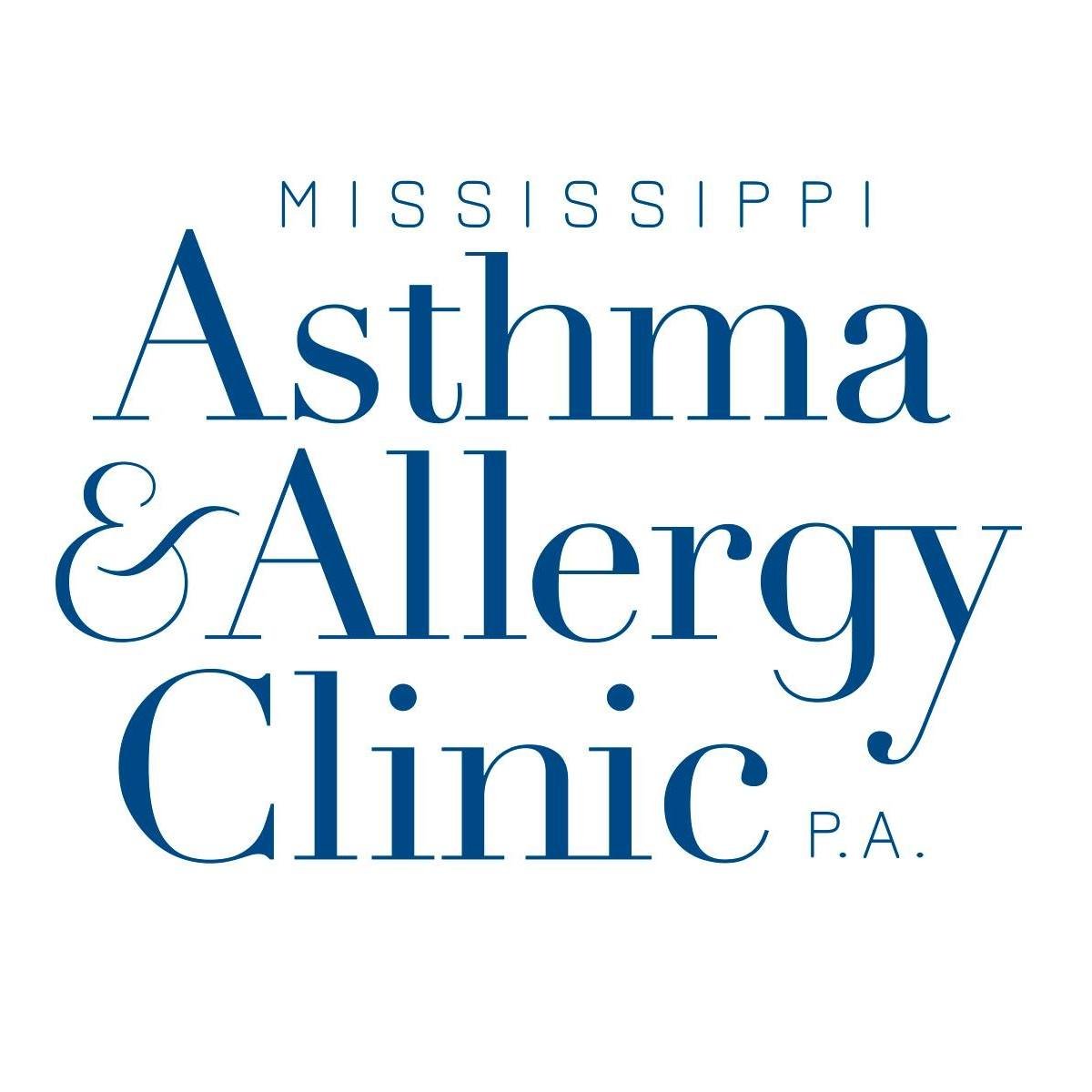Is This a Cold or Seasonal Allergies?
You feel it coming: the tickle in the back of your throat, creeping up into your nose, and then…
A-CHOO!
When you are feeling under the weather, you want relief fast! But what are you treating? Is it a cold or allergies?
While many symptoms of a cold or allergies are the same, there are a few key differences that will help you discern between the two.
What is a cold?
The common cold is caused by exposure to a virus and will usually show up several days after you have been exposed.
It typically lasts 4-14 days, and is treated with over-the-counter cold medications such as decongestants.
What is an allergy?
Seasonal allergies are an immune response triggered by exposure to allergens such as mold, mildew, grass, and pollen. This can result in cold-like symptoms as well as itchiness and/or hives.
Allergies can last several weeks, or as long as you are exposed to an allergen, and typically respond to treatment with an antihistamine.
How can I tell the difference?
Time of year: Colds tend to show up in the winter, when allergen levels are low. Symptoms occur several days after exposure to a virus.
Allergies, however, usually come on very suddenly after being exposed to an allergen. This is most common spring through autumn, when pollen is present.
Duration of symptoms: The common cold is short-lived, lasting only a few days. Symptoms worsen and then get better during that time.
Allergies can last several weeks (entire seasons!), as long as you are exposed to an allergen. While symptoms may feel more severe in the first couple days, the level of discomfort remains about the same for the duration.
Color of mucus: While analyzing the color of nasal discharge could help you determine whether you are dealing with a cold or allergies, it is not exact. A sinus infection, usually from a cold, results in a thick, yellow or green mucus. However, allergies can also result in a sinus infection, so this is not the most accurate indicator.
Fever: Seasonal allergies do not typically result in a fever or body aches. If you are experiencing these symptoms, it is more likely a cold.
Itchy, watery eyes: Itchiness of the eyes or nose, as well as the development of itchy hives, is a sign of seasonal allergies. In children you may notice the “allergic salute” - constant rubbing of the nose with the palm of the hand to relieve itchiness. It may even leave a crease on the bridge of the nose.
Talk to Your Doctor
If you think you may be suffering from seasonal allergies, it is important to consult your primary care physician. Depending on the severity, they may recommend you to an allergy specialist to help you manage your symptoms.
An allergist can perform a series of tests to determine exactly what you are allergic to and how severe the allergy is. You will be able to find a course of action to get through the allergy season as comfortably as possible.
Seasonal Allergy Treatment in Mississippi
Don’t let the rising pollen counts bring you down. Let the doctors at Mississippi Asthma & Allergy Clinic help! We will go over your medical history and symptoms to determine possible triggers and create a plan of action to make the season more bearable.
